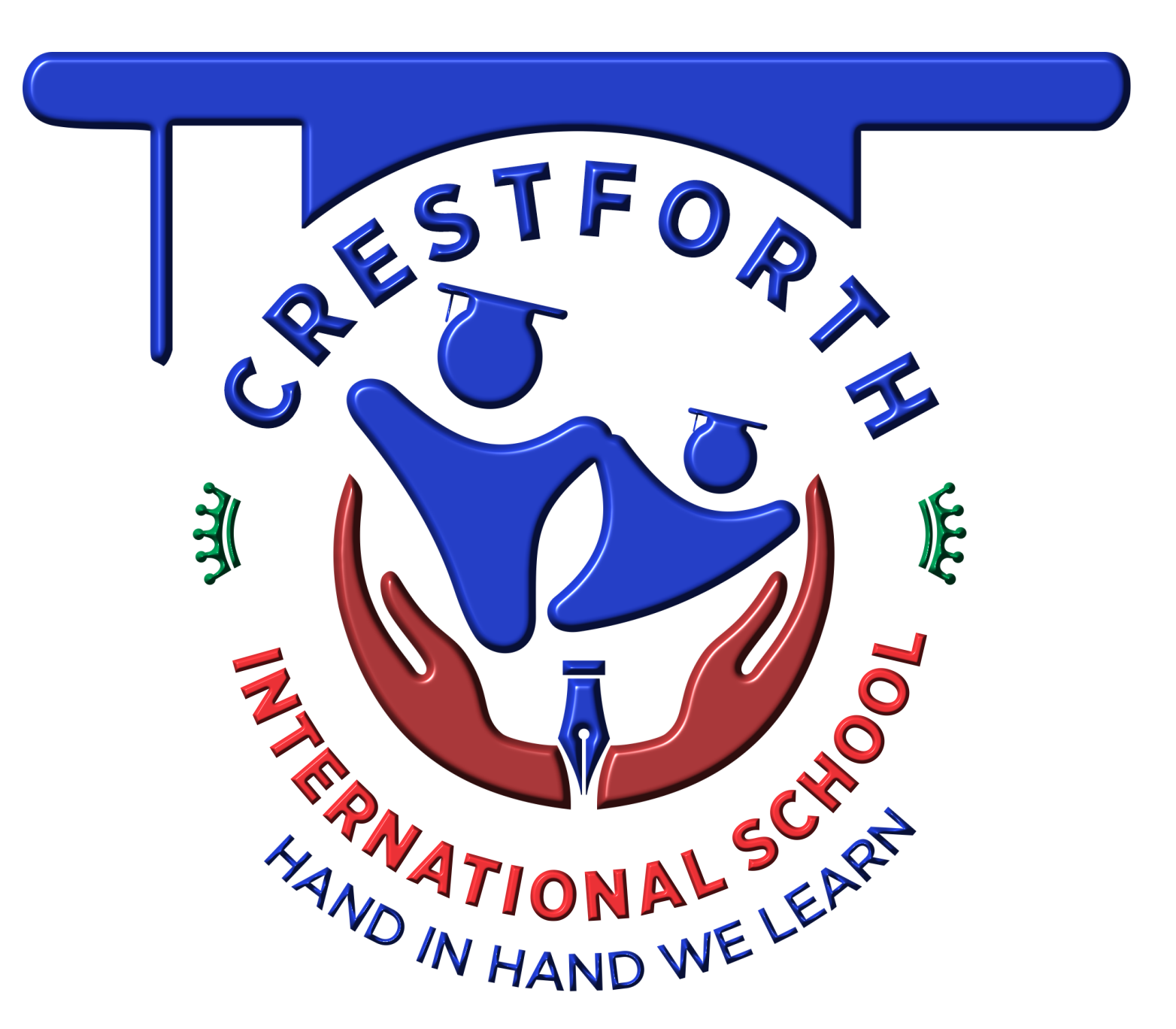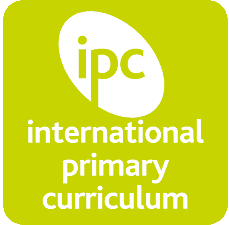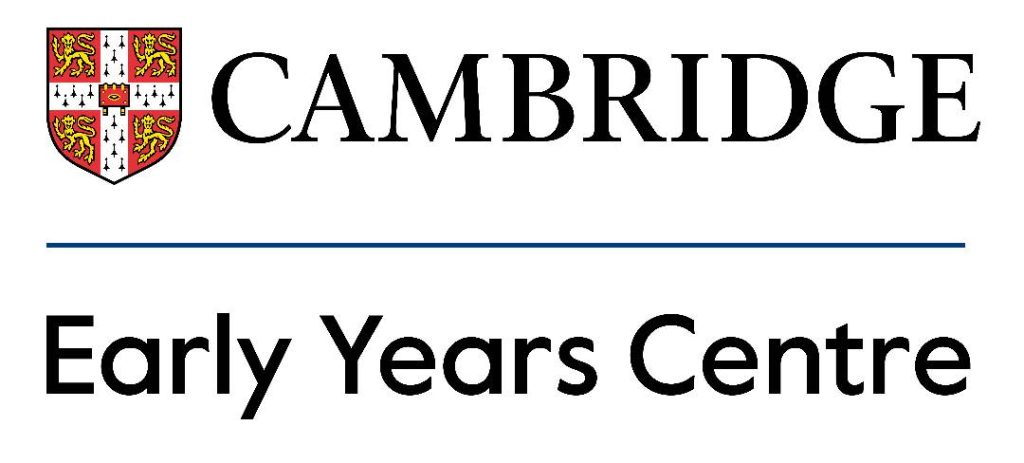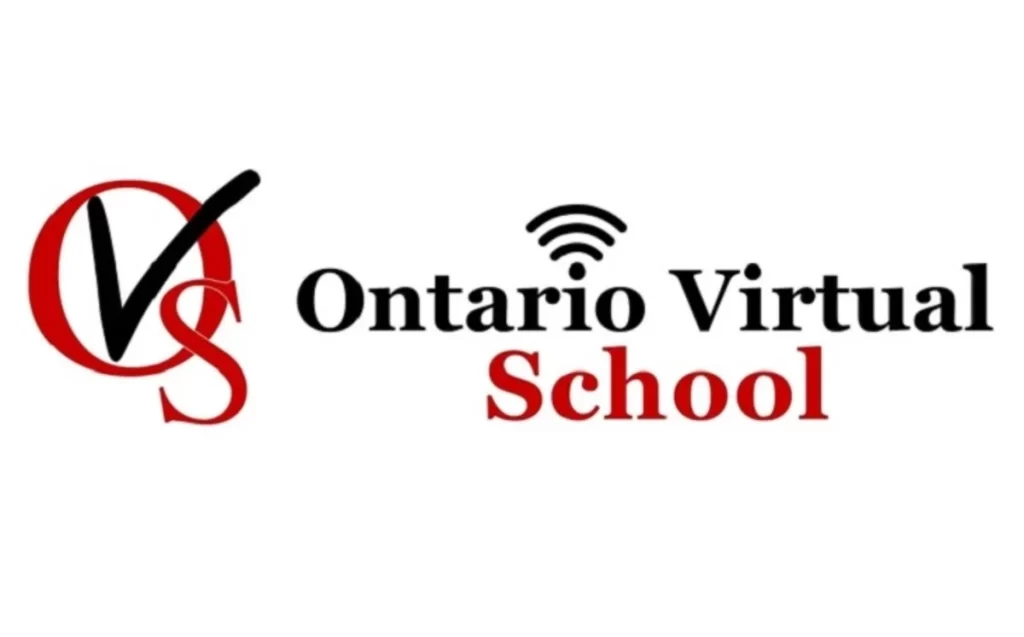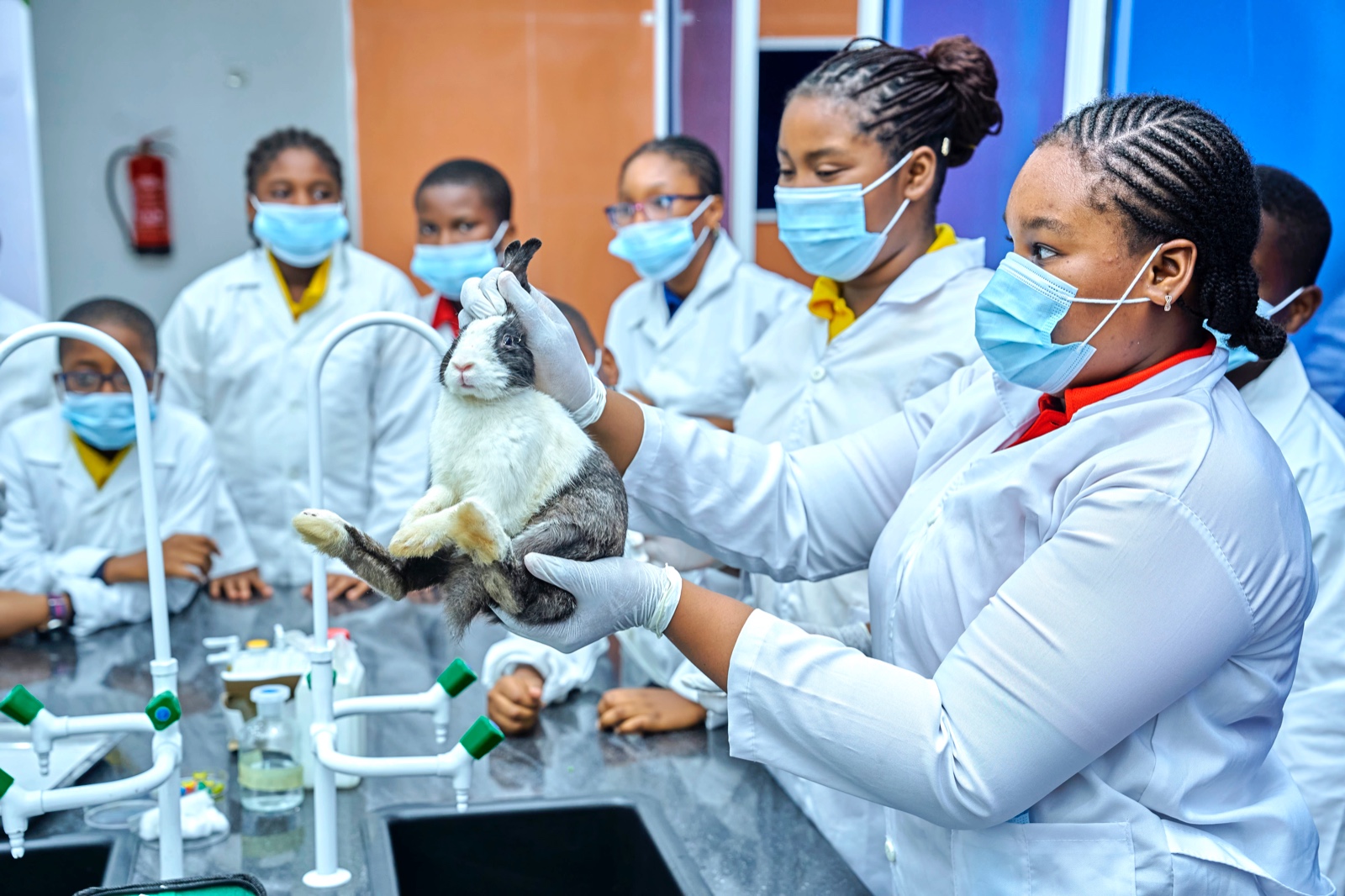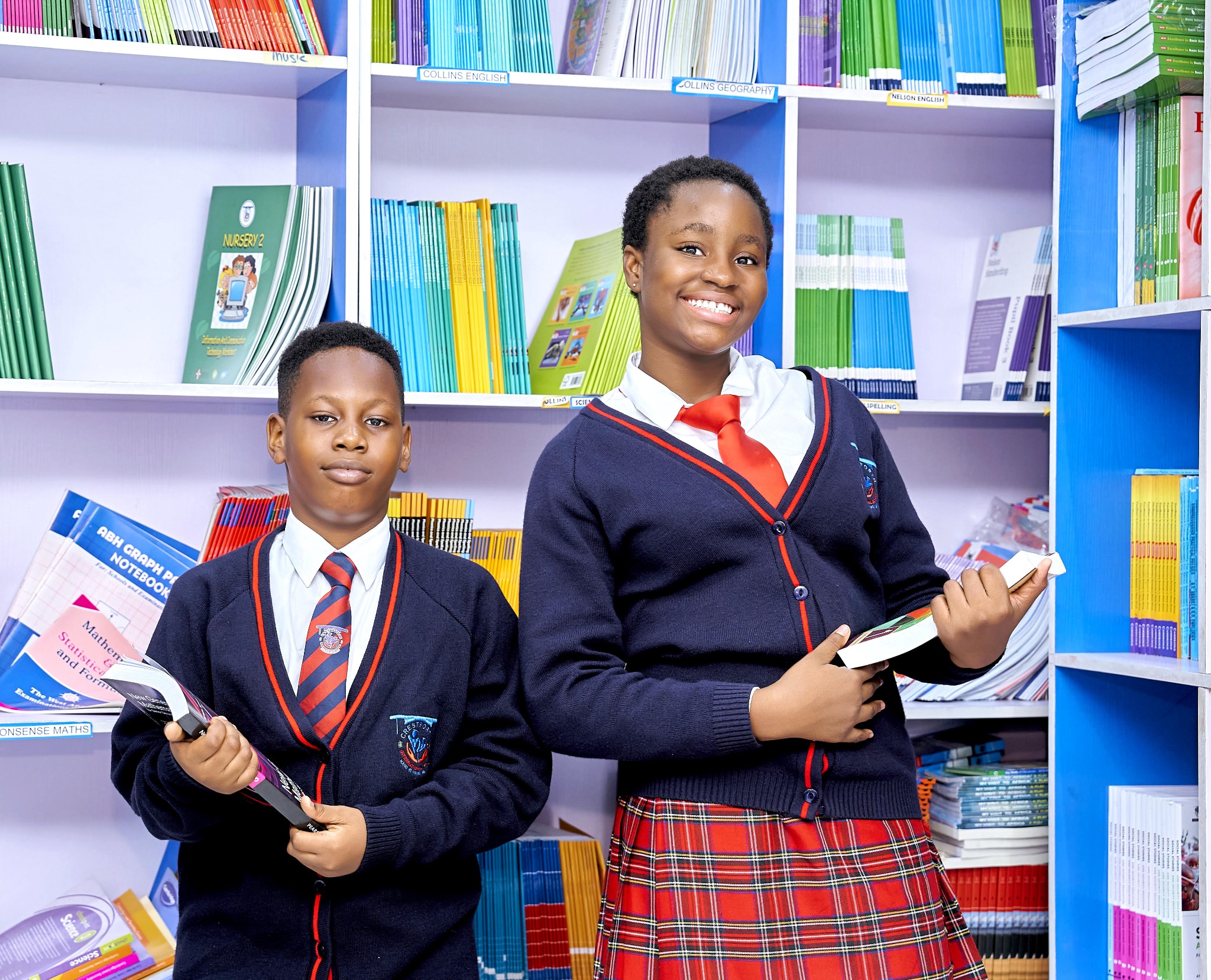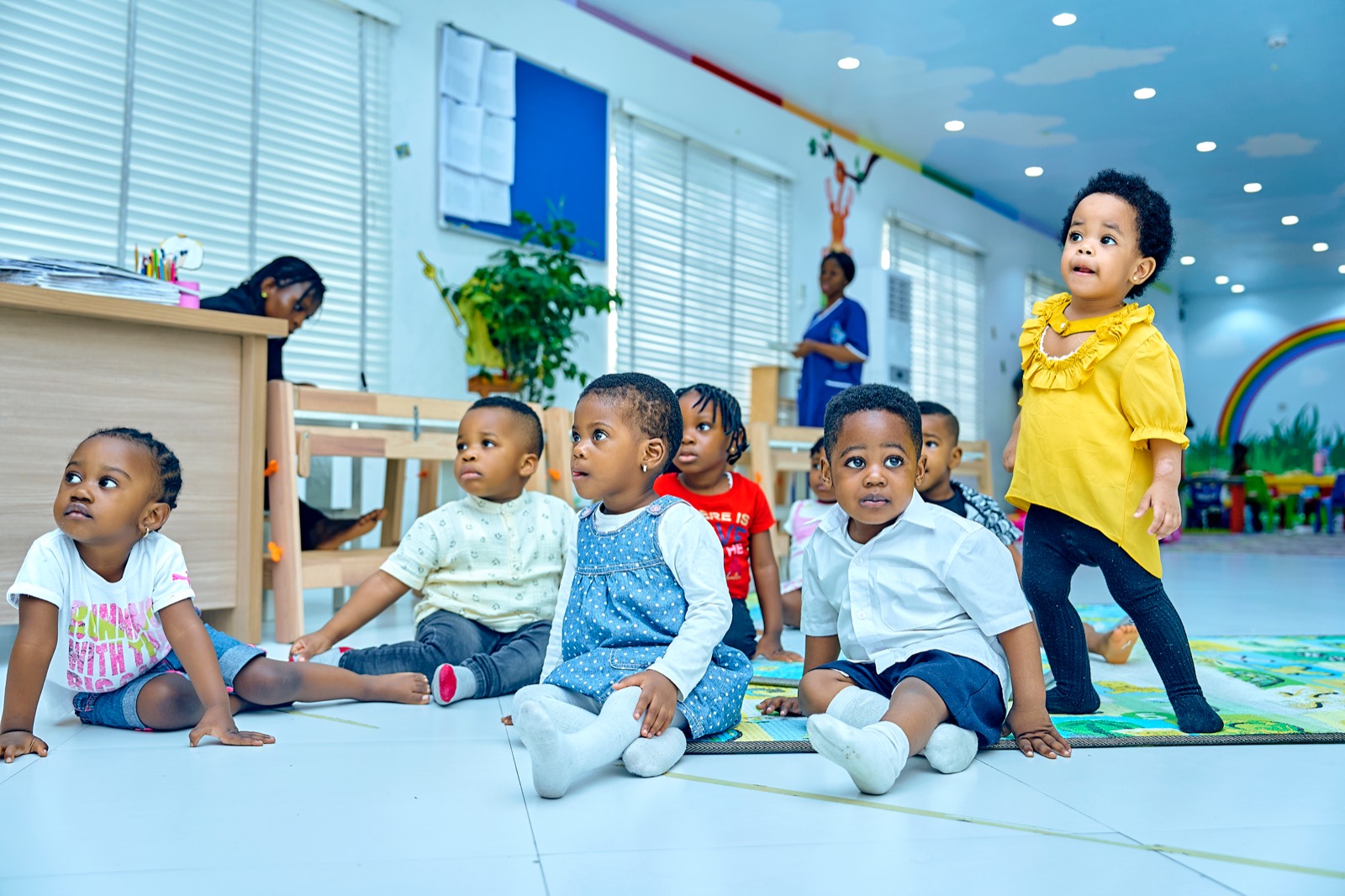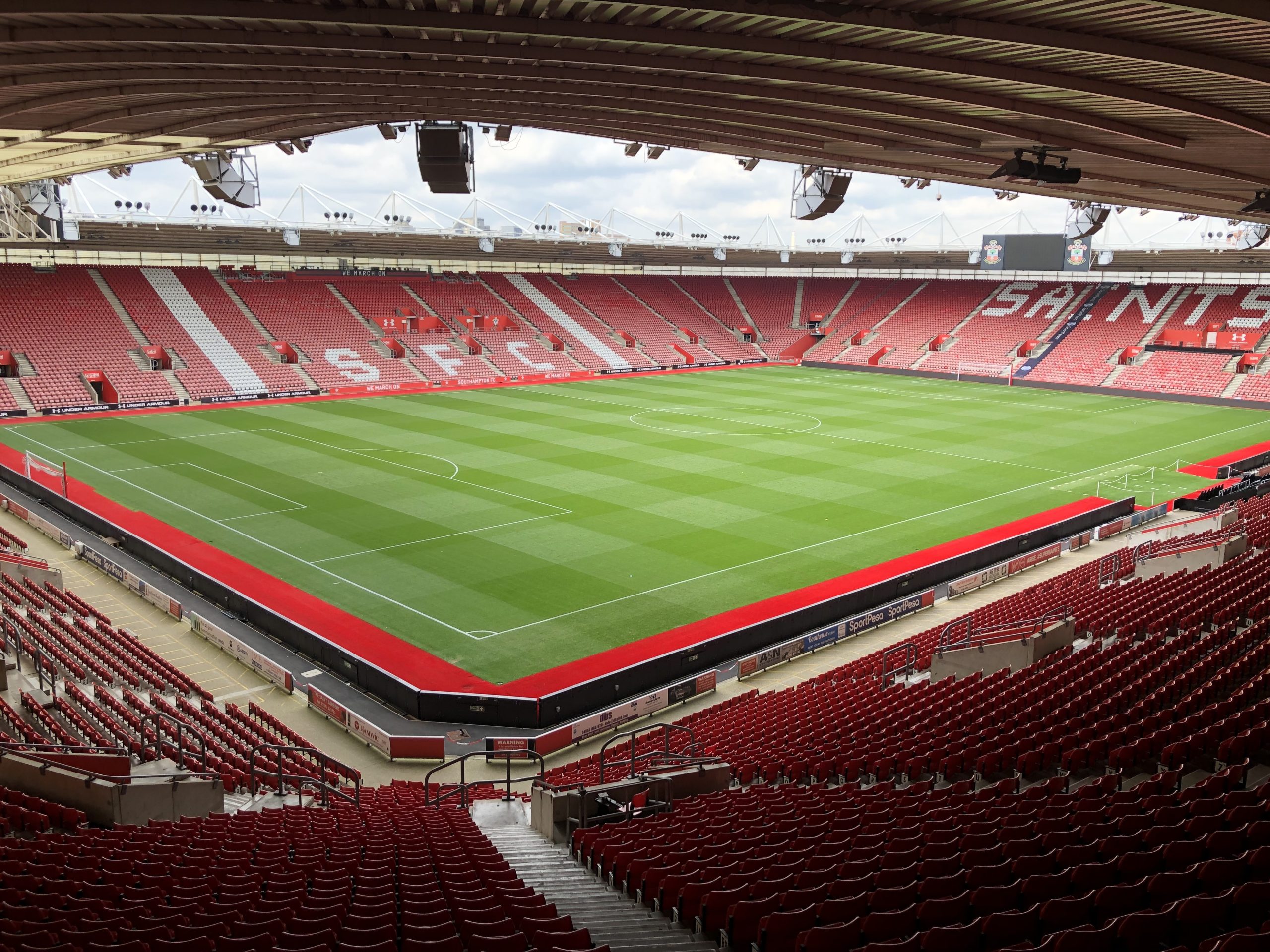
Your Path to a Transformative Academic Journey!
Join us at Crestforth International School for our entrance examination for Grades 7 to 10.
- Date: Saturday the 13th and 27th April, and Saturday the 18th May 2024
- Time: 10 AM.
- Venue: Crestforth International School.
Secure your spot with us as excellence awaits you!
We offer a hybrid curriculum in a range of subject areas blended to best meet your needs. If getting your child into a class with highly qualified and certified teachers, and having the opportunity for discussion with other learners sounds good to you then we can offer this.
